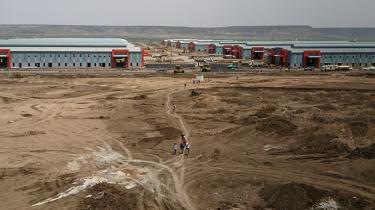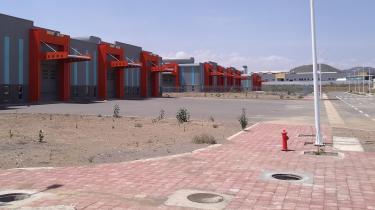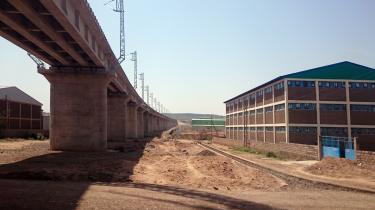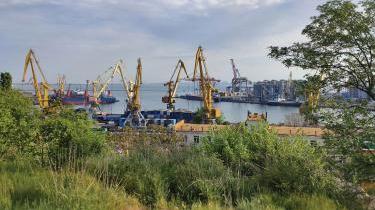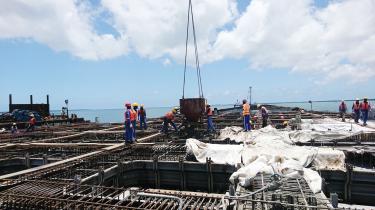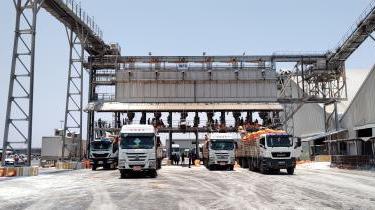Corridor approaches to urban-industrial development can support more sustainable patterns of urban growth and this study, taking the case of the Kombolcha-Mek’ele Industrial Corridor (KMIC) in Ethiopia, found that by connecting the two urban clusters Kombolcha and Mek’ele with their industrial parks and each other, it was possible to create a green urban-industrial ecosystem and maximise green growth potential.
Since 2015, the Climate Development Knowledge Network (CDKN) has provided strategic, analytical and practical support to the Government of Ethiopia’s Climate Resilient Green Economy (CRGE) Facility to develop its climate mainstreaming work in the areas of green industrialisation and urbanisation; and attract climate finance to bankable, transformative projects. With support from DFID Ethiopia, in 2017 this focused on expanding into sectoral preparation for green industrial and urban planning and off-grid solar energy provision.
CDKN’s support included the development of a climate compatible urban-industrial project and investment plan for the KMIC, a strategic gateway for Ethiopia and East Africa due to its proximity to the port at Djibouti. CDKN worked with a project team including Triple Line specialists in urban infrastructure development, inclusive growth and climate resilience with strong relevant experience in developing urban and corridor strategies, plans and assessments. With a long track record of managing and implementing complex urban and infrastructure programmes in Africa as well as Asia, our team drew on our deep experience of working with diverse partner organisations with differing capacity needs.
Our team conducted five technical and economic preliminary feasibility studies of projects that demonstrate good principles of green urban-industrial development planning, focusing on low-carbon housing, city-wide resource re-use and waste minimisation, and water resource management. We analysed key challenges and opportunities based on insights gathered from baseline analysis as well as stakeholder consultations in locations along the KMIC.
Intensive workshops at city and federal levels were key in strengthening our findings and identifying the best-positioned actors to drive implementation of the plan
The resulting study identified climate compatible and catalytic projects along the corridor, and developed a green urban-industrial framework for the corridor area. We undertook an extensive consultation process through city-level stakeholder workshops in Kombolcha and Mek’ele, to brainstorm and prioritise potential interventions that would contribute to economic, social and environmental development. The study team facilitated the GoE in assessing and short-listing projects, and those projects were presented at a technical workshop with key stakeholders. These had a strong focus on assessing financing potential through the UNFCCC Green Climate Fund.
Through this series of workshops we explored key questions and collected feedback from a range of stakeholders with different levels of understanding and needs, enabling us to refine the proposed investment programme and identify those actors that were best positioned to take ownership and drive the implementation of plan.
The study recommended three ‘shifts’ to support green urban industrialisation in the KMIC: i) a shif to catalytic investments that have the potential to accelerate green industrialisation; ii) a shift in institutional organisation, with collaboration and coordination across federal, regional, city and local institutions; iii) continuous improvement of the policy and regulatory frameworks guiding growth and structural change. The study and investment plan received a positive response from the CDKN and GoE, who requested follow-on assistance from Triple Line to prepare detailed concept notes for pursuing funding applications to the Green Climate Fund.
Credit: title photos by Matthew Crighton
Dire Dawa Industrial Park under construction: developed on 14,500 hectares of land, the US $158m industrial park accommodates 15 industrial sheds.
The 752.7km Ethiopia-Djibouti Railway modernisation project at Adaamaa (formerly Nazareth), in central Oromia Region, Ethiopia.
